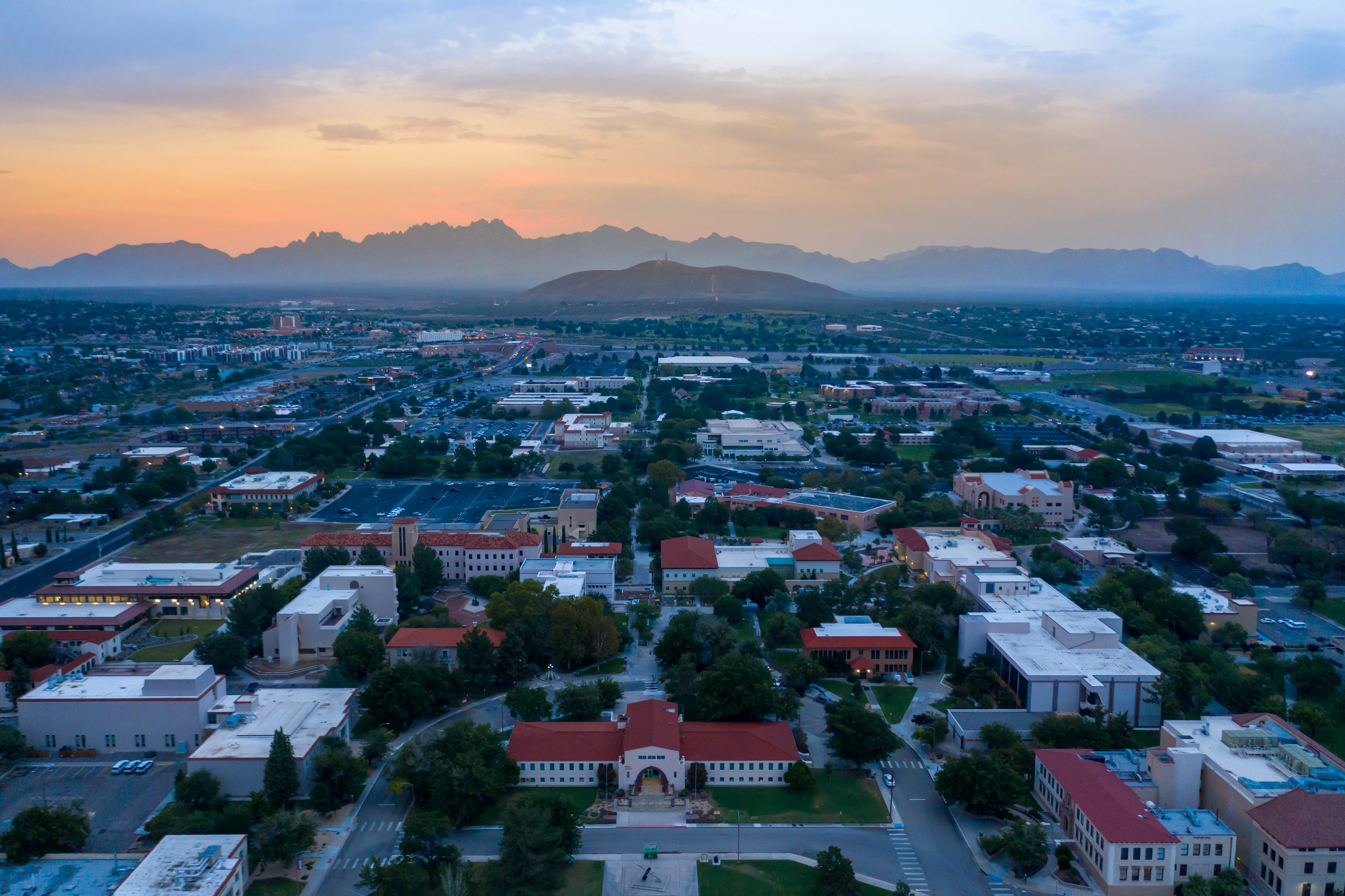NMSU researchers recognized astop 2 percent worldwide

Research is a core aspect of New Mexico State University’s mission and Goal 2 of NMSU’s LEADS 2025 to elevate research and creativity. Faculty members from all five NMSU colleges are helping to achieve that objective and are among the top 2 percent of scientists worldwide according to a database of top scientists created by officials from Stanford University and Elsevier, a publishing company that specializes in scientific, technical and medical content. “We know that research published by New Mexico State University scientists has impact worldwide,” said Luis Cifuentes, vice president for research and dean of the Graduate School. “The Stanford University analysis of the SCOPUS database substantiates the excellence of our faculty.” Faculty members who rank in the top 2 percent for their career include Paul W. Bosland, Matthew E. Gompper, Robert Jenness, Thomas Schmugge, Frank A. Ward and P. J. Wierenga from the College of Agricultural, Consumer and Environmental Sciences; Jeffrey B. Arterburn, Matthias Burkardt, Gary A. Eiceman, James W. Herndon, Anatoly Klypin, Greg H. Mack, Walter G. Stephan, David Trafimow, Walter G. Whitford, Hermann Wollnik and Stefan Zollner from the College of Arts and Sciences; David M. Boje from the College of Business; and Abdessattar Abdelkefi, Jay I. Frankel, Khandan Nirmalakhandan, Jaime Ramirez-Angulo, Zohrab A. Samani, Igor Sevostianov and David G. Voelz from the College of Engineering. “We have a very strong base of active researchers in the College of Engineering,” said Lakshmi N. Reddi, dean of the College of Engineering. “The strength of their work is reflected in the results of this study. They are competitive on a worldwide basis which is reflective of their hard work and dedication.” Faculty members who rank in the top 2 percent for the 2020 calendar year include Bosland, Gaylene M. Fasenko, Gompper, Jenness, Schmugge, Ward and Jinfa Zhang from the College of ACES; Burkardt, Eiceman, Michael Engelhardt, Kathryn A. Hanley, Jon Holtzman, Klypin, Satyajayant Misra, Stephan and Trafimow from the College of Arts and Sciences; Boje from the College of Business; Abdelkefi, Andreas Gross, Thomas A. Manz, Nirmalakhandan, Ramirez-Angulo, Samani, Sevostianov, Voelz and Pei Xu from the College of Engineering; and Jagdish Khubchandani and Kimberly L. Oliver from the College of Health, Education and Social Transformation. As one of the faculty members recognized, Abdelkefi said he was happy be on the list and is motivated for the future. He ranks No. 8 worldwide in the aerospace and aeronautics category and improved to No. 15 in acoustics. For his career, Abdelkefi ranks No. 63 in aerospace and aeronautics and No. 90 in acoustics worldwide. “This success is attributed to my graduate and undergraduate students, collaborators and advisers,” Abdelkefi said. “The hard collaborative work resulted in being competitive compared to other researchers from prestigious universities in the world. Additionally, this success is due to the external funding from various national laboratories and federal agencies.” Abdelkefi said he believes this achievement can have a significant effect on NMSU. “NMSU is in the news worldwide, which may attract more graduate students, postdocs and faculty to apply to our programs,” Abdelkefi said. “Further, this achievement may result in strong collaborations with other universities and international exchange of students and faculty.” Stanford Professor John P.A. Ioannidis directed the creation of the database, which ranks the most cited authors across all scientific disciplines. The database classifies the publications in 22 scientific fields with 176 subfields and is publicly available. The top 100,000 scientists in all fields are listed in the study. Additionally, scientists who are not in the top 100,000 of all research disciplines, but are within the top 2 percent of scientists of their main subfield discipline, assessing career-long citation impact up until the end of 2020 and for citation impact during the single calendar year 2020 are included in the data.
